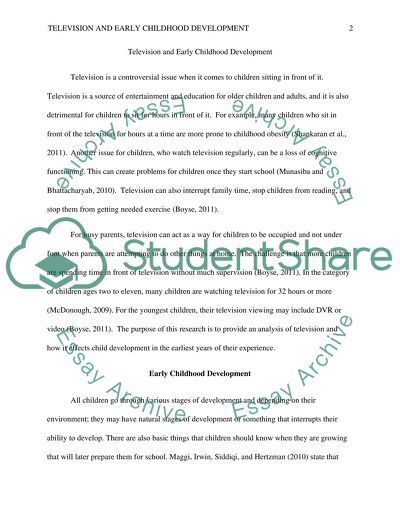Cite this document
(“Television and Early Childhood Development Research Paper”, n.d.)
Retrieved from https://studentshare.org/psychology/1471601-television-and-early-childhood-development
Retrieved from https://studentshare.org/psychology/1471601-television-and-early-childhood-development
(Television and Early Childhood Development Research Paper)
https://studentshare.org/psychology/1471601-television-and-early-childhood-development.
https://studentshare.org/psychology/1471601-television-and-early-childhood-development.
“Television and Early Childhood Development Research Paper”, n.d. https://studentshare.org/psychology/1471601-television-and-early-childhood-development.


